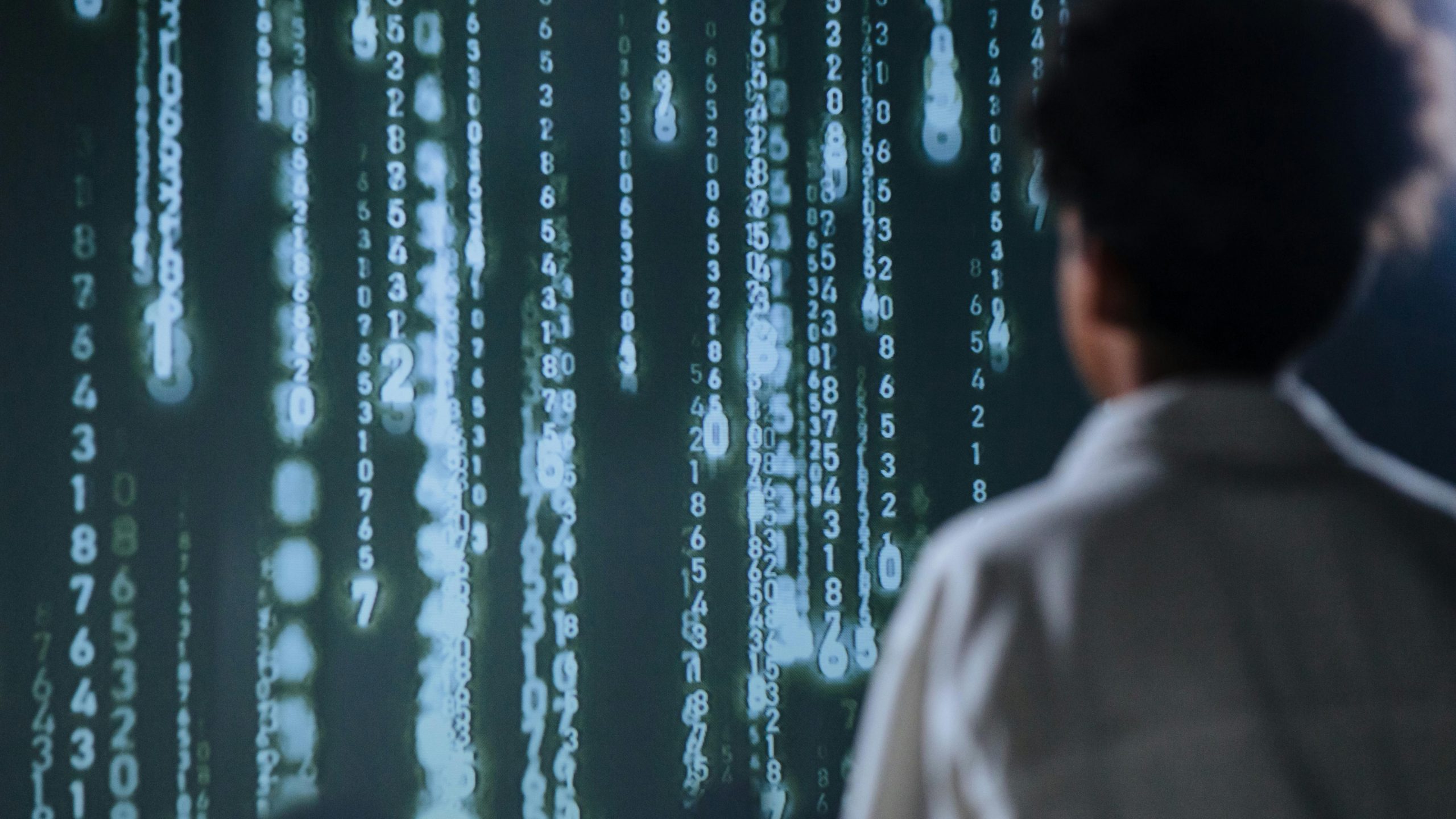Would you get on a plane if it ran software generated by AI?
Would You Board a Plane Powered Entirely by AI-Generated Software?
Imagine a world where every critical system you rely on is managed and maintained solely by artificial intelligence. Would you feel comfortable boarding an airplane whose onboard systems are driven entirely by AI-created code? This thought-provoking question highlights the ongoing debate about the role and limitations of artificial intelligence in software development and safety-critical applications.
The Power and Potential of AI in Coding
Artificial intelligence has made significant strides in generating code, automating repetitive tasks, and assisting developers in creating applications faster and with fewer errors. Yet, the question remains: Should AI be entrusted with writing all aspects of software, especially in environments where safety and reliability are paramount?
While AI tools can produce snippets of code, configuration files, and even perform unit testing, these are merely incremental steps towards more autonomous software systems. The ultimate vision some proponents advocate is a future where AI fully designs, implements, and maintains entire software ecosystems—reducing human involvement to oversight rather than active development.
The Limitations of AI-Generated Code
Despite impressive advancements, AI’s capabilities are not without boundaries. Complex systems often require nuanced understanding, context awareness, and the ability to anticipate failure modes—areas where current AI tools still have limitations. Dependence solely on machine-generated code could introduce unforeseen vulnerabilities, especially in scenarios demanding high safety standards.
Trust in Autonomous Systems
This brings us to a critical question: In a hypothetical perfect world, would we trust core infrastructure—such as air traffic control, medical devices, or industrial control systems—if they were entirely developed and managed by AI? Would you feel comfortable knowing that the software orchestrating your safety depends entirely on AI algorithms? Why or why not?
The answer often hinges on our confidence in AI’s reliability, transparency, and ability to handle unexpected situations. If we’re hesitant to trust AI-only solutions in areas that directly impact human lives, it raises concerns about the current state and future potential of AI in software engineering.
Final Thoughts
As we stand on the cusp of increasingly autonomous systems, it’s essential to weigh the benefits of AI-driven development against its limitations. While AI can be a powerful assistant, the question remains: how much responsibility should we delegate to machines, especially when safety, security, and trust are involved?
Ultimately, embracing AI in coding should be done thoughtfully—augmented by human oversight and rigorous validation—to ensure that our most critical systems remain reliable and trustworthy.














Post Comment